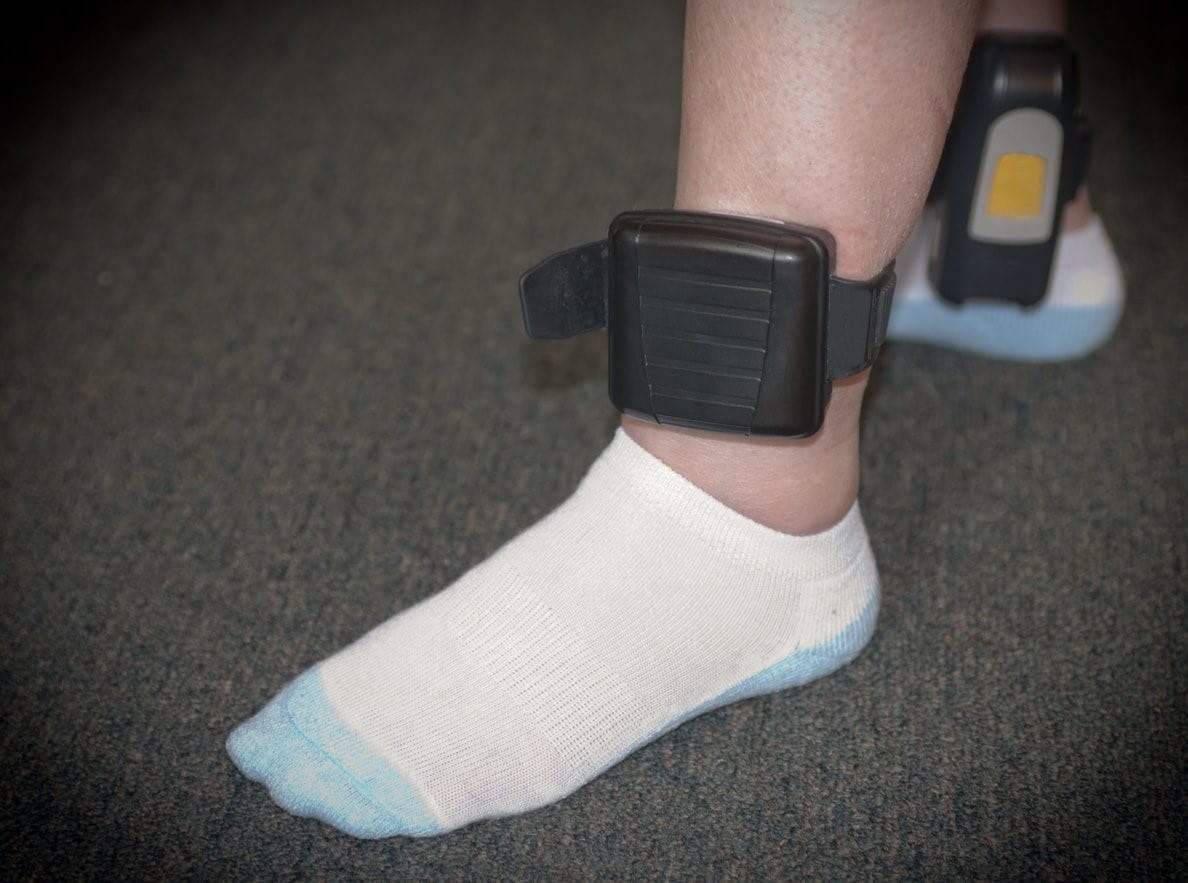In North Carolina, there are two main categories of crime: misdemeanors and felonies.
If you have been charged with a felony crime, click here to learn more about the sentencing and severity of each felony charge. A felony conviction comes with punishments beyond the typical sentencing of jail and fines, so being charged with a crime that is only a misdemeanor may come as a relief. However, it’s important to take each crime seriously, and understand the sentencing, penalties, and consequences of misdemeanors as well as felonies.
Types of Misdemeanor Crimes in North Carolina
All crimes have penalties including fines and jail time that can seriously affect your future. We’ve gone over felonies, so now let’s go over misdemeanors.
Generally speaking, the lower the misdemeanor, the less severe the crime. North Carolina recognizes four categories of misdemeanors. The below are common examples of each type of misdemeanor.
A1 Misdemeanors:
- Assault of a female
- DWI
Class 1 Misdemeanors:
- Possession of drug paraphernalia
- Possession of stolen goods
- Prostitution charges
Class 2 Misdemeanors:
- Disorderly conduct
- Unlawfully carrying a concealed weapon
Class 3 Misdemeanors:
- Simple possession of marijuana (.05 ounces or less)
- Certain city code violations
These are just a few examples, and some of these classifications will be determined by small details or factors (i.e. the victim of the assault, the value of drugs or goods in your possession, etc.). For the above crimes, you will only be sentenced with a misdemeanor.
A misdemeanor conviction typically means you only have to serve up to a year in jail. While this is still true for North Carolina, our state handles sentencing for the four types of misdemeanors a bit differently than most other states.
What Are Our State’s Penalties for Misdemeanors?
In North Carolina, sentencing for misdemeanor crimes comes with three different types of penalties: community, intermediate, and active punishment.
Active Punishment is the kind of penalty we might think of first: jail. While felons are sent to a state prison, misdemeanants sentenced with active punishment are incarcerated in a local confinement facility.
Intermediate Punishment is given to misdemeanants who a judge wants to see on supervised probation. Terms of probation may include the following:
- House arrest with electronic monitoring
- Drug treatment court
- Satellite-based monitoring
- Small periods of time in a local confinement facility (no more than 6 days per month)
Community Punishment does not necessarily include supervised probation, and it certainly does not include jail time. In certain cases, minor misdemeanor crimes only have community punishment penalties. As you will read below, class 3 misdemeanors usually only result in fines for the defendant. This is because North Carolina has determined that only community punishment is appropriate for those types of crimes.
How Are Penalties Determined?
North Carolina takes the four types of misdemeanors into account, but also uses another factor to determine sentencing: an individual’s criminal history.
Unlike North Carolina’s felony sentencing, prior convictions will not change the classification of the charge against someone. Rather, the two are looked at like a grid, which can be found here. The more severe the crime, the more sentencing will be affected by prior convictions.
For example, if you are convicted of a class C misdemeanor and have no prior convictions, you only face a fine. If you are convicted of a class C misdemeanor and have three prior convictions, you will most likely only face a fine. But if you have five or more prior convictions, you can be sent to jail for up to 20 days.
Compare that to A1 misdemeanors. If you are convicted of an A1 misdemeanor and have no prior convictions, you may face up to 60 days in jail, as well as fines. If you have up to four prior convictions, you face 75 days in jail. Five or more prior convictions will land you in jail for up to 150 days. Prior convictions can add months and hundreds of dollars onto your sentence.
Why You Should Take Misdemeanor Charges Seriously
Sure, a misdemeanor is not a felony. A conviction will not take away your right to get government benefits, your right to vote, or your right to own a firearm. But as we discussed with the sentencing chart, convictions will affect your sentencing later on.
They will also stay on your criminal record (which can be seen by employers, landlords, and just about anyone who does a little research), and will be available to prosecutors and judges if you find yourself accused of a crime in the future.
Take each charge seriously. If you have been accused or charge with misdemeanor or felony crimes, contact a North Carolina criminal defense lawyer today.
About the Author:
Jan Elliott Pritchett is Managing Partner at the Law Firm of Schlosser & Pritchett and one of North Carolina’s top rated criminal defense attorneys. With a practice dedicated 100% to litigation, Mr. Pritchett protects the legal rights of clients who have been charged in federal and state criminal matters, as well as DUI/DWi, motor vehicle accidents, personal injury, and traffic violations. In practice since 1995, Mr. Pritchett has earned a reputation as a highly talented and fearless lawyer, being listed among the state’s “Legal Elite” and recognized as one of the Top 100 DWI Lawyers in North Carolina by the National Advocacy of DUI Defense. He currently serves as the Co-Chairman of the North Carolina State Board of Legal Specialization, Criminal Law Specialty, and Vice-Chairman of the North Carolina Bar Association, Criminal Justice Section.










